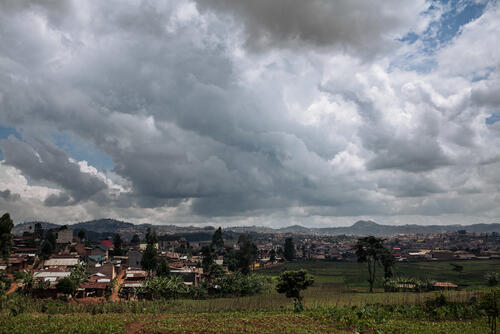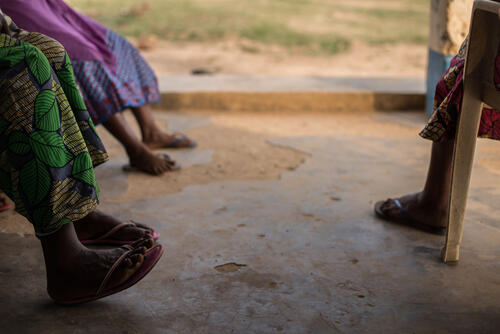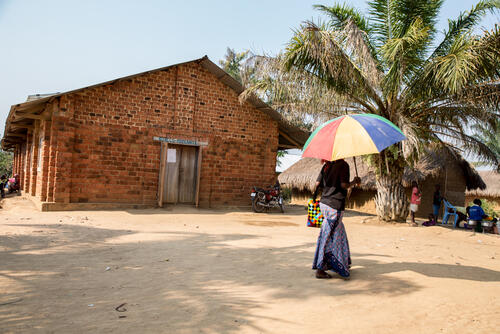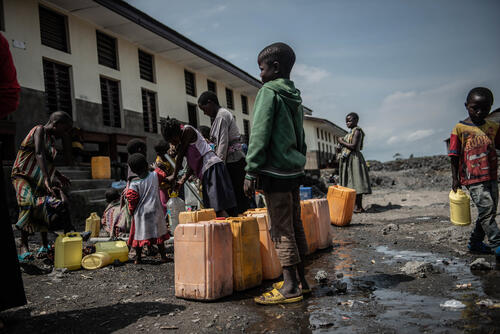On 7 February 2021, Democratic Republic of Congo (DRC) declared an outbreak of Ebola in North Kivu province, in the northeast. This marks the twelfth outbreak of the deadly disease in the country since records began more than 40 years ago.
Médecins Sans Frontières (MSF) is supporting the national response to the new Ebola outbreak in North Kivu, through mobile activities for patients, their families and the communities living in the affected area.
“We are supporting the Matanda general hospital, in the Vungi health district, and the Muchanga health centre, in the Muchanga health district, by improving triage and the early identification, diagnosis and admission to care of people potentially sick with Ebola,” says Homam Shahhoud, who leads MSF’s medical response in North Kivu. “We are going to provide patients with effective treatments to increase their chances of survival and reduce the suffering caused by the disease.”
Helping families to cope with the outbreak is critical. To this end, we have developed a community-based approach focusing on dialogue with patients and their families.Homam Shahhoud, MSF emergency coordinator, North Kivu
MSF teams are working with local families to identify contacts of confirmed patients and protect them from the disease via the most appropriate tools, based on their level of exposure to the risk of infection. We will provide them with the means to isolate if necessary and to seek immediate medical care in case of symptoms.
MSF will also help existing health facilities in the Katwa health zone and in other areas affected by the outbreak, to strengthen infection prevention and control measures and limit the spread of the disease.
“Helping families to cope with the outbreak is critical,” says Shahhoud. “To this end, we have developed a community-based approach focusing on dialogue with patients and their families and on supporting people affected by the disease.”
“We need to make sure they have the means to protect themselves and get treated,” says Shahhoud. “Our intervention will be flexible and centred on patients’ needs: we will intervene in the health districts that need help, coordinating with the local health authorities and other partners.”






